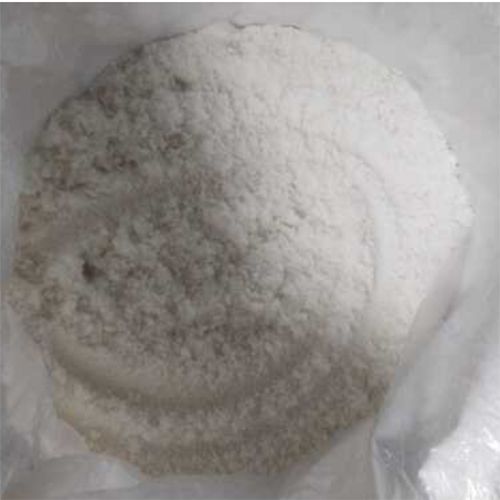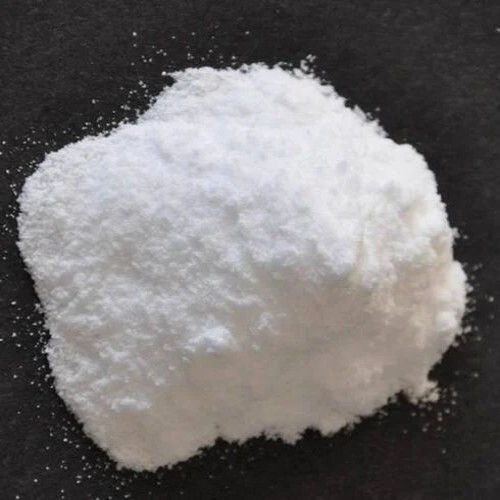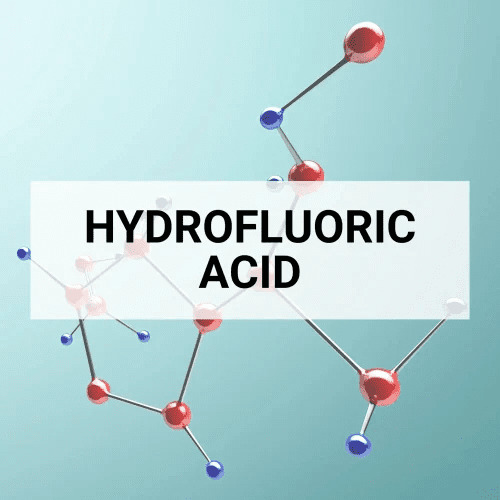Hydrofluoric acid dhf

Product Details:
- Storage Keep away from moisture
- Grade Agriculture Grade
- Type Organic Bio Fertilizer
- Application Fertilizer
Hydrofluoric acid dhf Price And Quantity
- 50.0 INR/kilogram
- 1000 kilogram
Hydrofluoric acid dhf Product Specifications
- Fertilizer
- Keep away from moisture
- Organic Bio Fertilizer
- Agriculture Grade
Hydrofluoric acid dhf Trade Information
- 5000 kilogram Per Day
- 5 Days
- All India
Product Description
An overview of organic bio-fertilizers is provided below.
1. Organic bio-fertilizers supply plants with secondary and micronutrients in addition to nitrogen, phosphorous, and potassium, which are all necessary nutrients. These nutrients are slowly and gradually released, allowing plants to use them for a long time.
2. Biofertilizers enhance the structure and health of the soil. By decomposing organic debris and releasing nutrients, the helpful microorganisms in bio-fertilizers increase soil fertility. They also aid in the cycling of nutrients and improve the nutrients' accessibility to plants.
3. Organic bio-fertilizers contain useful microorganisms such nitrogen-fixing bacteria, phosphate-solubilizing bacteria, mycorrhizal fungi, and advantageous algae. These microbes collaborate with plants in symbiotic ways to help them absorb nutrients and defend themselves from diseases.
4. Sustainability in the environment: Organic bio-fertilizers are regarded as environmentally benign because they are made from natural sources and support sustainable agricultural methods. They lessen the need for artificial chemical fertilisers, which can have a harmful effect on the environment.
5. Organic bio-fertilizers are used to promote soil fertility, soil structure, water retention, and plant health. They also prevent soil erosion. The result is improved agricultural yields, better plant development, and increased plant vigour and pest and disease resistance.
It's vital to remember that the efficiency of organic bio-fertilizers might change based on elements including crop type, soil characteristics, and application techniques. Based on the demands of a particular crop and the suggestions made by the manufacturer or agricultural specialists, the correct application rates and timing should be adhered to.
FAQ
1. What is organic biofertilizer?
Ans - Any sort of fertiliser made from organic, renewable materials, such as animal and/or plant wastes that are rich in nutrients and organic matter, is referred to as organic biofertilizer. This kind of fertiliser aids in encouraging advantageous biological activity in soil and gradually strengthens the soil's structure.
2. What advantages can organic bio fertilisers offer?
Ans - The fertility and structure of the soil can both be enhanced by organic bio fertiliser. It maintains moisture levels, can boost microbial activity in the soil, and helps bind soil particles together to improve drainage. Additionally, organic fertilisers gradually release vital nutrients, assisting plants in more effective nutrient absorption.
3. How frequently ought I to use organic bio fertiliser?
Ans - The quantity and frequency of application may change depending on the kind of soil in your area. Typically, organic biofertilizer needs to be applied two to three times annually.
4. Can I safely use organic bio fertiliser on my plants?
Ans - The ecosystem and your plants are both safe from toxins found in organic bio fertilisers.
5. Can I combine chemical fertilisers with organic biofertilizers?
Ans - In general, it is not advised to combine chemical and organic fertilisers since they could react unfavourably and produce toxic byproducts.

Price:
- 50
- 100
- 200
- 250
- 500
- 1000+

 Send Email
Send Email




 Send Inquiry
Send Inquiry Send SMS
Send SMS
